Spotlight
A selection of resources from across the Federation

HIV Theory of Change
Our HIV Theory of Change is to clarify the goals and vision of IPPF’s HIV programme and to articulate the different pathways and strategies IPPF uses to contribute towards its HIV goals and vision.
Filter our resources by:

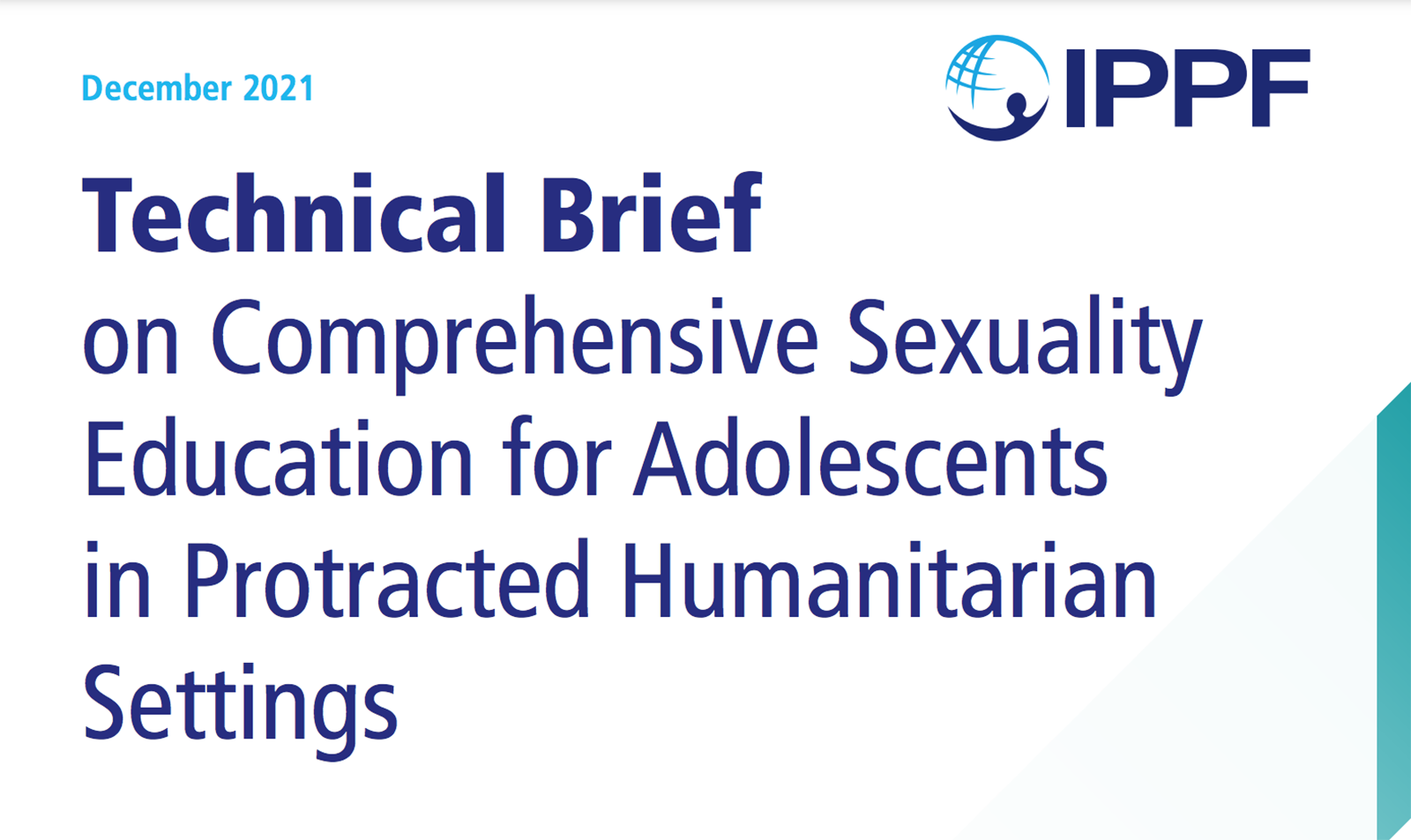
| 10 January 2022
Technical Brief on Comprehensive Sexuality Education for Adolescents in Protracted Humanitarian Settings
In line with the IPPF Humanitarian Strategy 2018–2022, we present promising practices to guide IPPF Member Associations and partners in the provision of CSE, specifically when operating in protracted humanitarian crisis environments and call the humanitarian community to action to recognize and adolescent sexual and reproductive health (ASRH) needs and rights in emergency response programming. This technical brief is available below in English, Arabic, French, and Spanish.
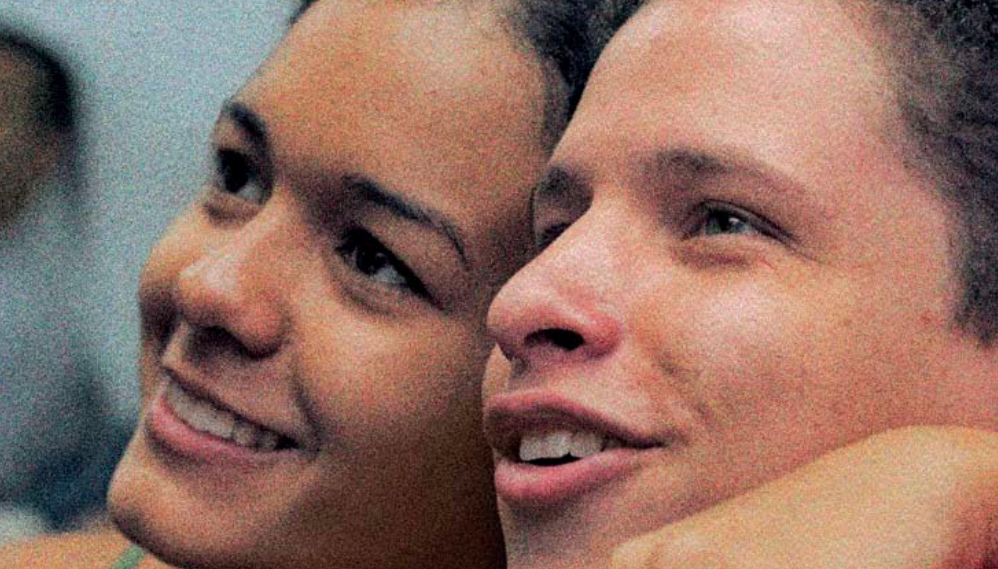
| 21 September 2020
It's All One Curriculum
Researchers have identified gender inequality as a key factor driving the AIDS pandemic. Policymakers have called for sexuality and HIV education that emphasizes gender equality and human rights. Educators want to teach young people the critical thinking skills needed to build compassionate and just societies. It's All One Curriculum responds to these calls.
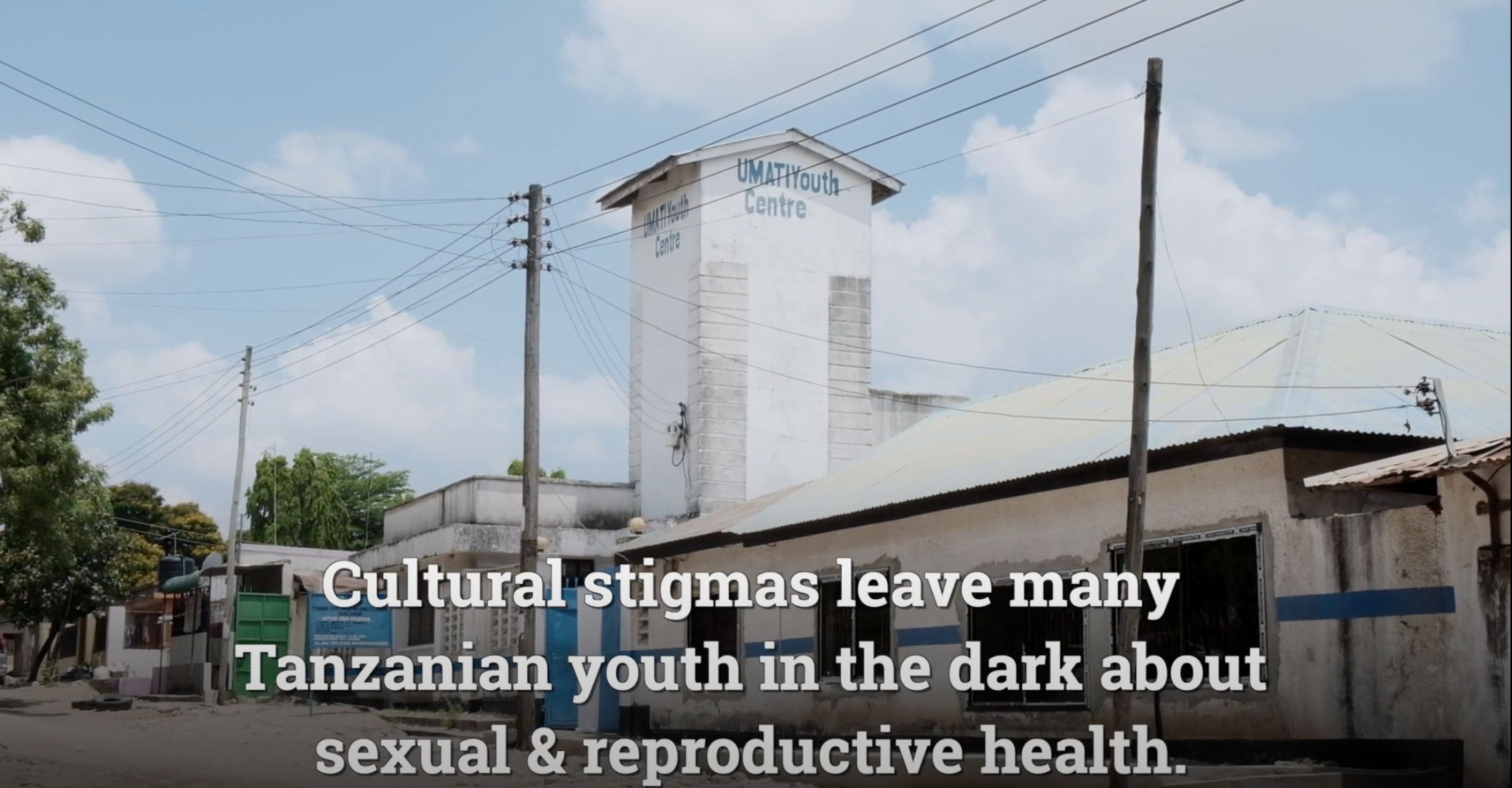
| 12 August 2020
Tanzania: A youth center on a mission to destigmatize sexual health
Cultural stigmas leave many young people in Tanzania in the dark about their sexual and reproductive health and rights. Our Member Association - Chama cha Uzazi na Malezi Bora Tanzania (UMATI) - has come up with a solution at their youth center in Dar es Salaam: peer-to-peer educators. Every week over 100 youth sign up for services and training at the center. In 2017 the Global Gag Rule pulled funding from UMATI, however, the Belgian Government stepped in with emergency funding which allowed the center to remain open through the She Decides project.
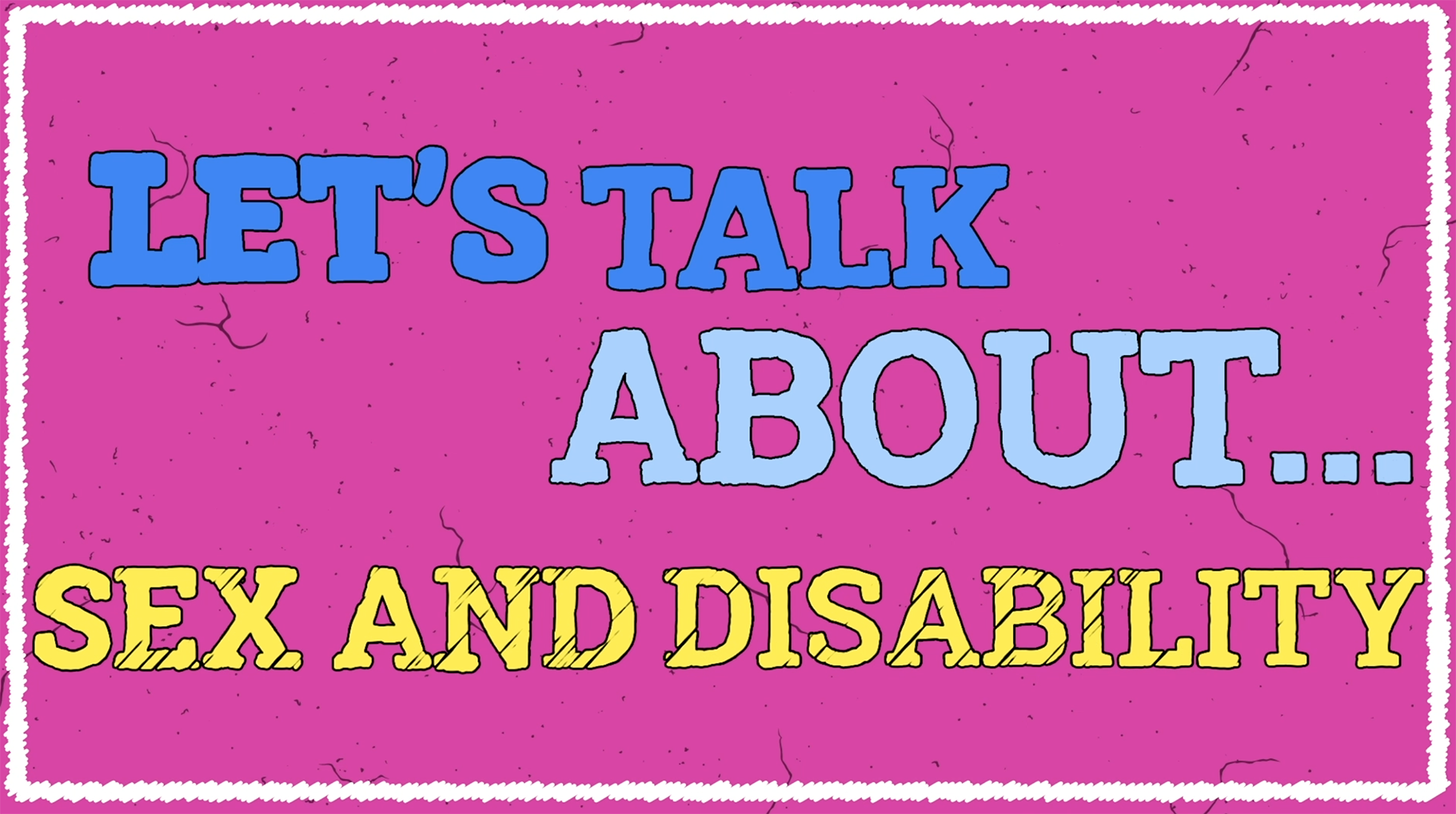
| 20 September 2019
Watch: Let's Talk About... Sex & Disability
"Disabled people are sexy" "If you’re blind, how do you have sex? And I’m thinking, what kind of sex are you having?" Our new series tackles five major topics: Sex & Disability, Sex & Pleasure, Sex & Consent, Sex Education and Sex & Social Media. In this episode, Joy and Rachelle talk about their own experiences of living with a disability and some of the stigma and stereotypes they face when it comes to sex. They also have a few handy tips (hint more people should have sex with people living with a disability) on how to incorporate your disability into your sex life!
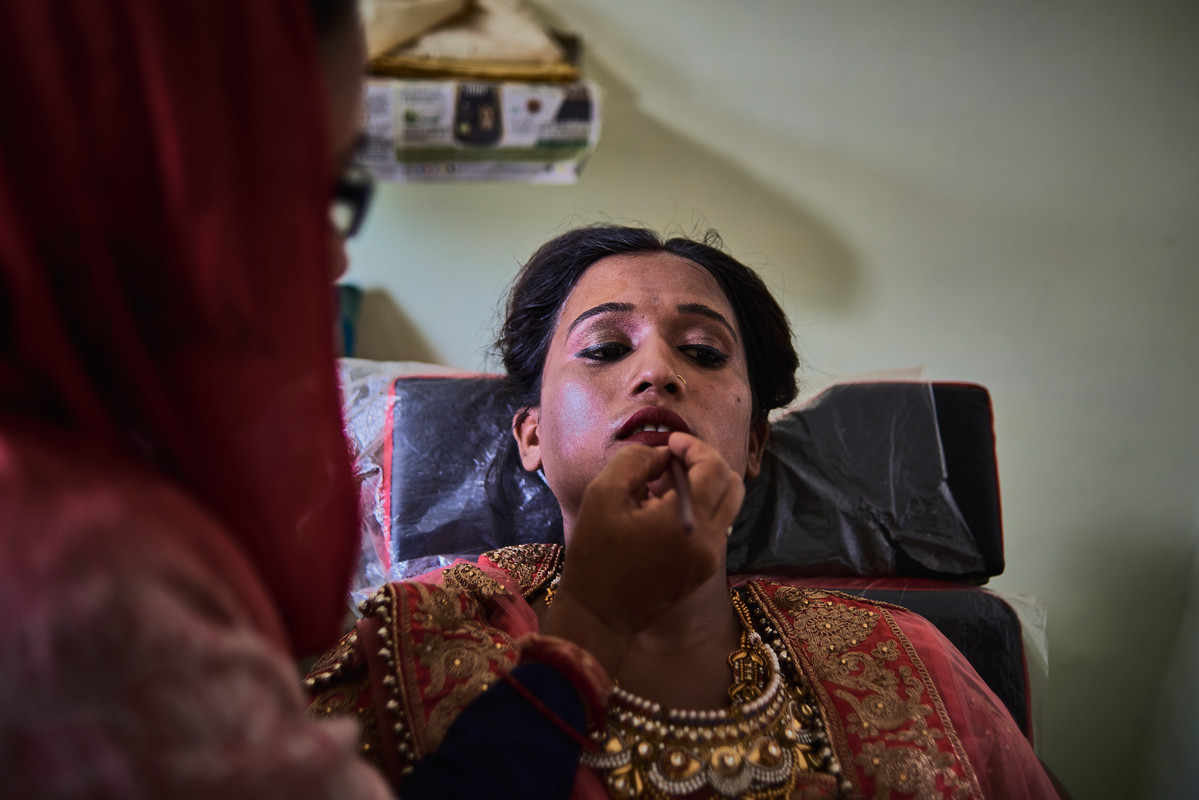
| 08 August 2019
Watch - Beauty Behind Bars: Life after prison for women in India
India is home to 20 female-only prisons, that have the capacity to hold just 5,000 inmates. Women currently make up 4% of India's prison population. Before they reach prison, many women have already experienced sexual and gender-based violence. Many inmates face discrimination and are often ostracized from their community and their families once they are released. Realizing a gap in care for women once released, the Family Planning Association of India (FPAI) have stepped in to ensure women are equipped with not only healthcare whilst in prison but life training skills. Skills that will financially support them and their children with or without the support of their families. Established in 1949, the Family Planning Association of India has provided life skills training ranging from beauty parlour related work to car mechanics to 768 women in six locations.
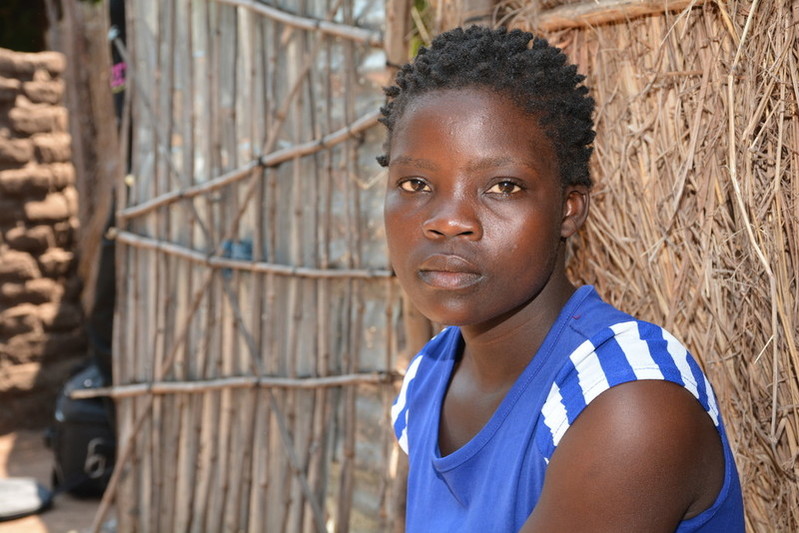
| 28 November 2018
Tackling child marriage in Malawi
Malawi has one of the most comprehensive laws against child marriage in Africa after a new bill was passed in 2017 increasing the legal marital age from 15 to 18-years-old. The Marriage Act of Malawi in 2017 protects any girl under the age of 18 from marriage and holds parents or other family members who marry their children off below the age accountable and liable to prosecution. But even with the law, cases of child marriage are still happening but community Watch Groups have been set up to help. This is the story of one girl helped by her local watch group. Family Planning Association of Malawi (FPAM) with money from the Japan Trust Fund supports the watch group by building the capacity of its members. Five members of the Jalasi Watch Group have been trained about the law, policies around the issue of child marriage and how they align with the by-laws. © Photos: James Ngechu















